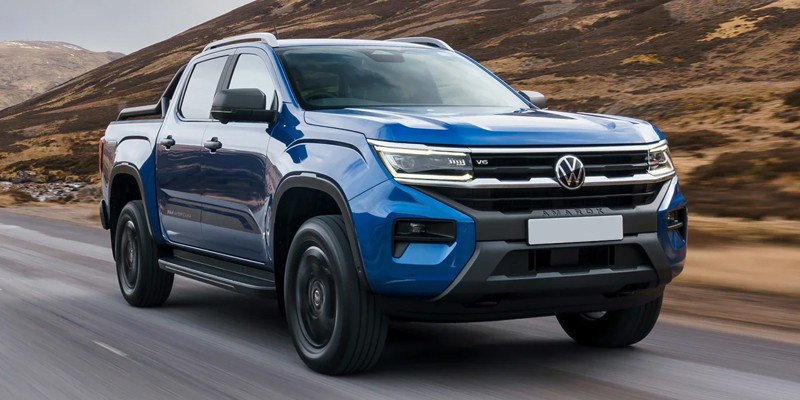Government Hit the Brakes on Tax Treatment Decision of Double Cab Pickup Trucks
Government Hit the Brakes on Tax Treatment Decision of Double Cab Pickup Trucks

In a surprising reversal, the UK government has decided to cancel their decision to class double cab pickups as cars rather than commercial vehicles, a move that would have significantly impacted Benefit in Kind (BIK) tax rates for these vehicles. Initially set to change from July 2024, double cab pickups with a payload of one tonne or more will now remain categorised as commercial vehicles. This decision came after a loud outcry from various sectors, highlighting the huge role these vehicles play in businesses, especially within the farming and construction industries.
The government's change of heart was driven by concerns over the negative economic impact and the increased financial burden on businesses and individuals who depend on these vehicles. By sticking to the original classification, double cab pickups will continue to enjoy the lower tax rates associated with light commercial vehicles. This means they're still a solid choice for anyone who needs the versatility and capability they offer.
This move has been widely welcomed by the industry, with stakeholders expressing relief that the government listened to their concerns. Nigel Huddleston, Financial Secretary to the Treasury, said “We will change the law at the next available Finance Bill in order to avoid tax outcomes that could inadvertently harm farmers, van drivers and the UK’s economy.”
The initial proposal had its fair share of critics, including key industry figures, who had warned about the hefty costs and headaches it could bring, potentially making double cab pickups a less appealing pick for many. The government's responsiveness to feedback highlights their commitment to business growth and sustainability.
However, it's worth mentioning that not all pickups are getting off the tax hook. Those hauling less than a tonne are still going to be considered cars, attracting higher BIK tax rates. This distinction means potential buyers should carefully consider their vehicle choices based on usage, tax implications, and the total cost of ownership.
This latest development is a testament to the power of collective industry voice and the government's willingness to adapt its policies in response to practical concerns. It ensures that double cab pickups continue to serve as an essential cog for many businesses, keeping them running smoothly and affordably.
